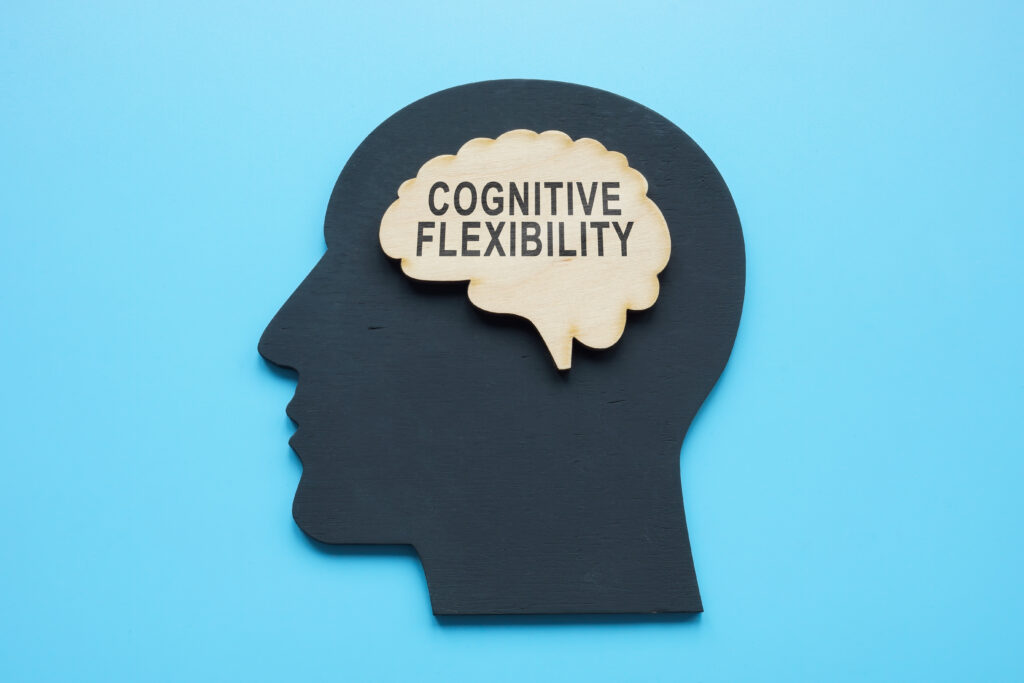Dementia is a broad term used to describe a decline in cognitive function that affects a person’s ability to perform daily activities. It is most commonly associated with memory loss, but there are many different types of dementia, each with its specific set of symptoms and characteristics. One type that is often misunderstood is unspecified dementia with behavioral disturbance.
Unspecified dementia refers to a type of cognitive decline that does not fit into any specific category or diagnosis. It is usually diagnosed when a person’s symptoms do not match the criteria for any other type of dementia, or when there is not enough information available to make a specific diagnosis. This can be frustrating for both patients and their caregivers, as it can be difficult to understand and manage the symptoms when there is no clear explanation.
In addition, unspecified dementia often presents with behavioral disturbances, which can be challenging for both the person with dementia and those around them. Behavioral disturbances refer to a range of behaviors that are unusual or disruptive and can include aggression, agitation, wandering, and hallucinations. These behaviors can be distressing for the person with dementia, as well as their caregivers and loved ones.
The causes of unspecified dementia with behavioral disturbance are not fully understood, but researchers believe that it may be a combination of factors, including genetics, environment, and lifestyle. Age is also a significant risk factor, as the risk of developing dementia increases with age. However, unlike other forms of dementia, there is no specific underlying cause or disease process associated with unspecified dementia.
Symptoms of unspecified dementia with behavioral disturbance may vary from person to person. Still, some common signs include memory problems, difficulty with language and communication, disorientation, changes in mood and behavior, and difficulty performing everyday tasks. These symptoms can be subtle at first, making it challenging to recognize them. However, as the disease progresses, they become more pronounced and can significantly impact a person’s daily life.
As mentioned earlier, behavioral disturbances are a hallmark of unspecified dementia. These disturbances can range from minor changes in personality to severe episodes of aggression. These behaviors can be challenging to manage, and caregivers must have a clear understanding of the underlying causes. In some cases, behavioral disturbances may be triggered by environmental factors such as noise, unfamiliar surroundings, or changes in routine. In other cases, they may be caused by physical discomfort or pain, medication side effects, or changes in brain chemistry.
It is essential to address and manage these behavioral disturbances in a compassionate and understanding manner. Caregivers should first try to identify the underlying cause and make necessary changes to the environment or routine to minimize triggers. They should also ensure that the person with dementia has access to proper medical care and medication management to address any underlying medical issues.
In addition, caregivers must seek support for themselves and their loved ones with unspecified dementia. The stress and challenges of caring for someone with dementia can take a toll on the caregiver’s physical and mental health. Support groups, respite care, and counseling services can provide much-needed resources and relief for caregivers.
In conclusion, unspecified dementia with behavioral disturbance is a type of cognitive decline that is not well understood and can be challenging to manage. While there is no specific cause or treatment for this type of dementia, caregivers can take steps to understand and manage the symptoms and behaviors associated with it. Seeking support and understanding the underlying causes of behavioral disturbances can help improve the quality of life for both the person with dementia and their caregivers.


